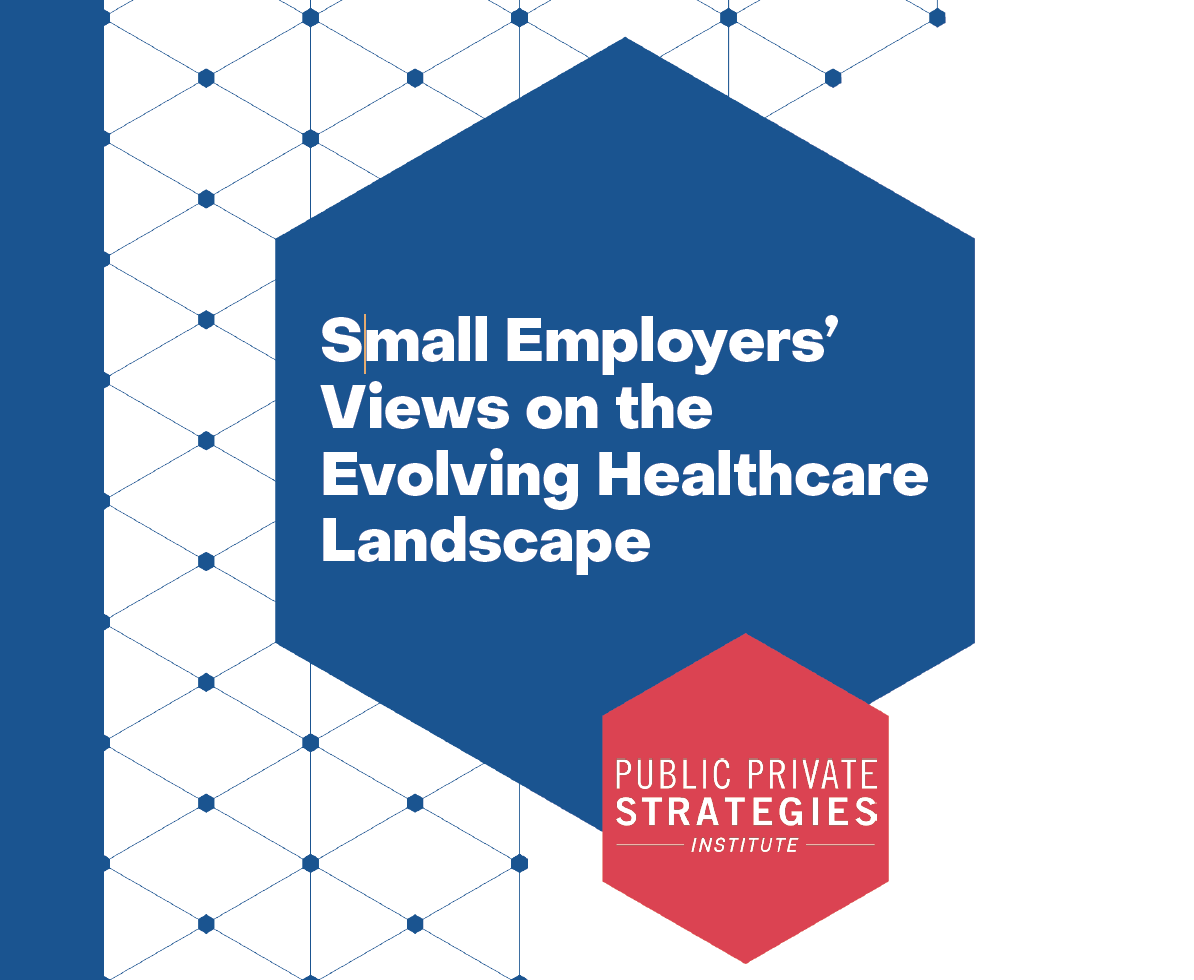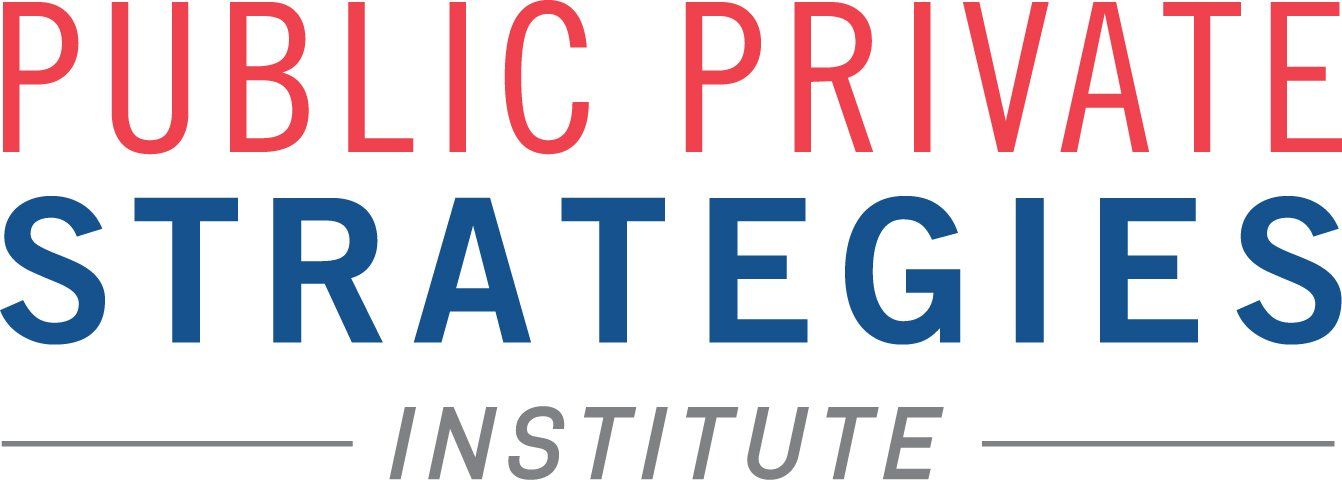The Future of Benefits: Small Employers' Views on the Evolving Healthcare Landscape
October, 11, 2022

OVERVIEW
Context
- For decades, the United States has relied on an employer-sponsored health insurance system as the primary means of providing healthcare benefits. Small businesses represent a key piece of the healthcare coverage puzzle in the United States, with an estimated 32.5 million businesses in the United States employing approximately 61.2 million people.
- To better understand small employers' views and changes in the healthcare market, Public Private Strategies Institute conducted a three-stage research project to analyze the evolving link between benefits and employment, which included:
- A landscape analysis using a series of interviews with small business owners and organizations, direct market participants, and third-party stakeholders to analyze the evolving link between benefits and employment.
- Partnering with research company Morning Consult to conduct a poll of 500 small business leaders on small employers’ views of the healthcare market and these new options.
- The development of a comprehensive research report and thought leadership event to analyze and discuss the findings and their implications for policymakers and market shapers.
Key Findings
- In a shifting market and policy landscape; healthcare cost, choice and competition continue to be an issue for small employers. As small employers consider opportunities to provide healthcare coverage to their workers, new market options and recent public policy changes (e.g. Inflation Reduction Act) have impacted the outlook. Small business leaders’ top four most important healthcare issues are cost-related, with cost having a real impact on their business. 28 percent of small business leaders say that rising health insurance costs could impact their ability to offer health care benefits, result in employees being asked to pay a higher percentage of health insurance costs, and having to hold off on promotions or raises.
- New options in the market are relatively unknown, but should be watched closely. HRA options like Individual Coverage Health Reimbursement Arrangements (ICHRA) and Qualified Small Employer Health Reimbursement Arrangements (QSEHRA) have only more recently become available, and small business owners are largely unaware of them as potential options. More than 70% of small business leaders were not at all or only somewhat familiar with ICHRA and QSEHRA. However, the relatively small number of employers who are participating in these options, generally like them.
- Given the ongoing changes in the market, small employers find it hard to navigate and turn to trusted advisors for information. 38 percent of small business leaders said information about new options from a trusted source would be most helpful.
- Small employers are eager to have both policy makers and market shapers continue to work to find new opportunities to provide cost relief, more options and access as they see healthcare as an important asset for themselves and their employees. Small business leaders said they offer benefits to invest in the health and wellbeing of their employees (58%) and to attract and retain employees (32%).
